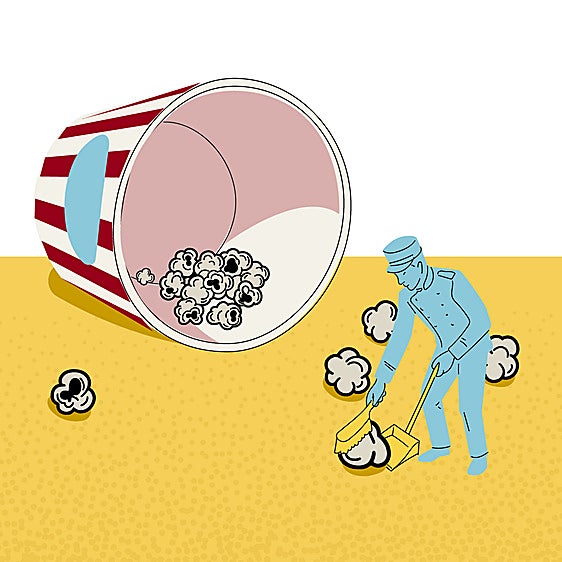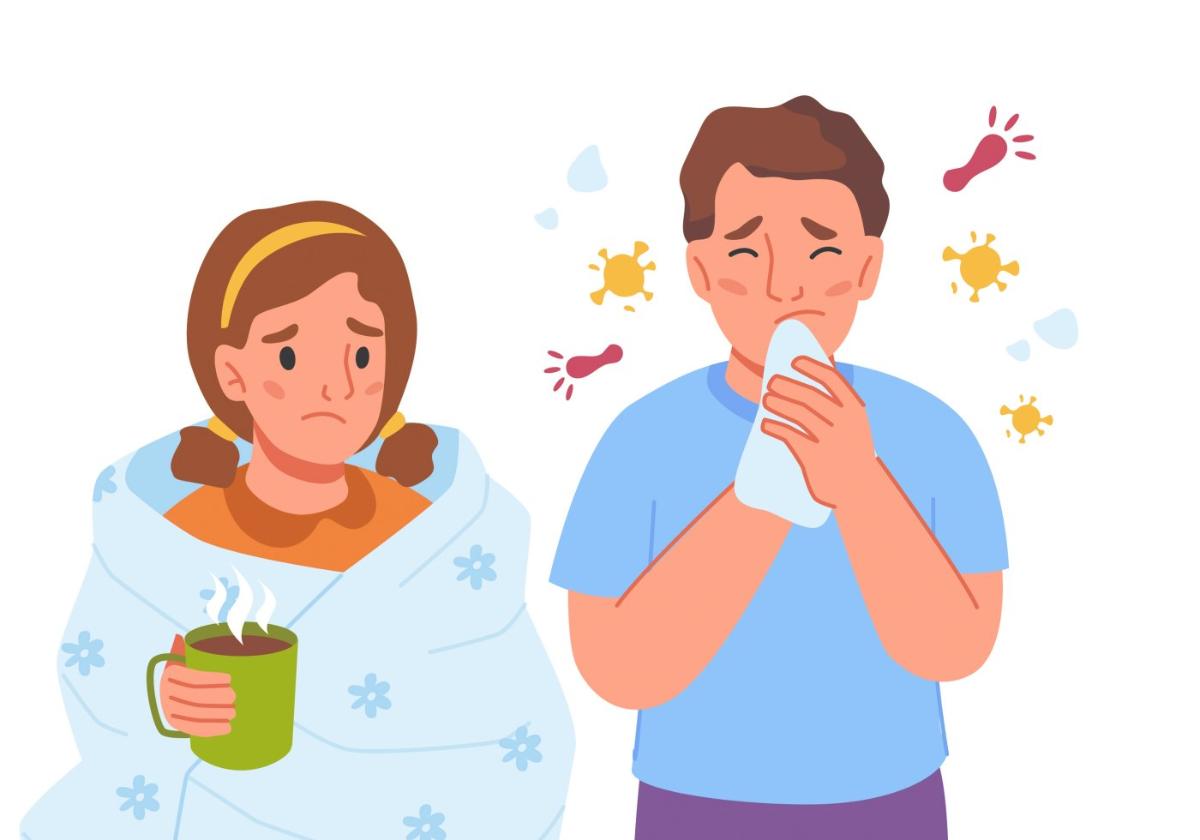Flu? Covid? When should we go to the accident and emergency department
Most respiratory infections are treatable at home, but take care if you belong to an at-risk group or are struggling to breathe
Carmen Barreiro
Madrid
Friday, 19 January 2024, 18:04
For weeks now, the waiting rooms at GP surgeries, walk-in clinics and hospitals have been chock-a-block with patients suffering from flu, Covid and other respiratory illnesses typical of this time of year.
The clash of several viruses, known as a tripledemic, has almost led to a checkmate situation for the health service as it faces real problems trying to absorb so much demand. Yet it is not always necessary to see the doctor.
"In these cases it is very important to have a clear idea of what is truly urgent, what needs seeing to but can still wait and even what we can handle at home without having to go to outpatients," explains Dr Juan Carlos Montalvá, coordinator of the working group for A&E services within the Spanish society of primary care physicians (Semergen).
The following points can help us to recognise when we should run to the doctor's and when just to head to the chemist's.
Severity and intensity of symptoms are key deciders
"Most respiratory infections encountered at this time of year are mild and temporary.
If all we have is something of a headache, runny nose, a bit of a fever and generally feeling unwell for a few days, these might be enough to warrant a trip to the pharmacy to discuss our symptoms and let them advise us what's best for each case," says Carlos Fernández Moriano, who heads the scientific knowledge section for the General Council of Official Colleges of Pharmacists in Spain.
However, if the patient belongs to an at-risk group (babies and toddlers, over-65s, expectant mothers, anyone with auto-immune diseases or fighting cancer), or if symptoms worsen over time (high fever, respiratory distress, severe headaches or very intense muscular pains), it is advisable to make an appointment to see your GP.
How urgent it really is to be seen by a specialist will depend on the severity and intensity of such symptoms.
"Feeling like you've been run over by a truck is unpleasant and bothersome, but it is not usually serious. Struggling to breathe, definitely is."
As the Semergen experts put it: "Cold symptoms typically last a week, although a cough might linger for a fortnight, while 'flu takes a little longer to disappear, around ten days."
A&E or GP surgery?
Going to A&E should be a last resort and other steps could be taken beforehand and "we must respect these steps as far as possible so as not to cause the system to collapse".
The first step is our own health centre. If someone has a respiratory infection that has been with them for some time, they should go to their health centre to have it checked out.
"GPs are obliged to see these patients even without appointment because they are considered an urgent case. What often happens though is that they go directly to the hospital because the centre took too long to answer the phone or because the patient thinks they will be attended to more quickly in A&E and then A&E is overrun," states Dr Montalvá, who has seen a 40 per cent increase in patients turning up at A&E since the pandemic.
When the health centre is closed, the next step, depending on the level of urgency, is a Punto de Atención Continuada (PAC) - a type of out-of-hours emergency clinic. The experts agree that such clinics "are fully geared up to treat such ailments as a viral case of catarrh or to perform a streptococcus test in a case of tonsillitis".
Then, lastly, there are the genuine hospital emergencies, such as "the patients who belong to an at-risk group or who have symptoms that not only do not go away, but which worsen as the days go by and who should come to A&E: an elderly person with breathing difficulties, a pregnant woman whose fever does not subside, a baby...".
What medicines should I take?
If what we have is flu, covid or a cold with typical symptoms and nothing serious, just the general discomfort that these illnesses bring, then we only need to turn to our usual first aid kit to help make the process more bearable.
"Cold and flu remedies, which can be dispensed without prescription and do not have major side effects, usually include a combination of different active ingredients that help improve the patient's general condition.
The most common ingredients that they carry are: an analgesic (ibuprofen, paracetamol, aspirin...) to reduce fever and relieve pain; an antihistamine (chlorphenamine) to reduce itchy eyes, sneezing, and a runny nose; and a decongestant (phenylephrine, pseudoephedrine...) to 'unclog' the nose," explains Carlos Fernández Moriano.
When treating a cough, it is important to differentiate between a dry and a wet cough.
In the case of the first, you can resort to the type of medicines that alleviate, or even suppress, the coughing (dextromethorphan being the active ingredient).
With a wet cough we need to take a medication that renders the mucus more fluid so that it is easier to expel (acetylcysteine, carbocysteine...). The Spanish Association of Pediatrics (AEP) advises against the use of such cold and flu remedies for children under 12 years of age.



